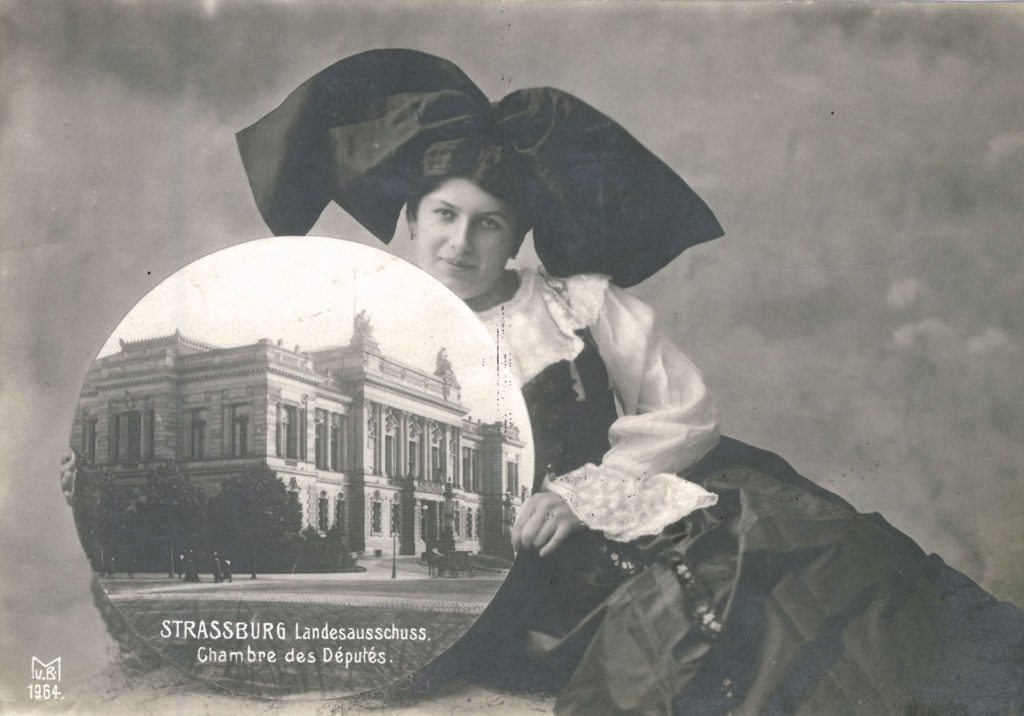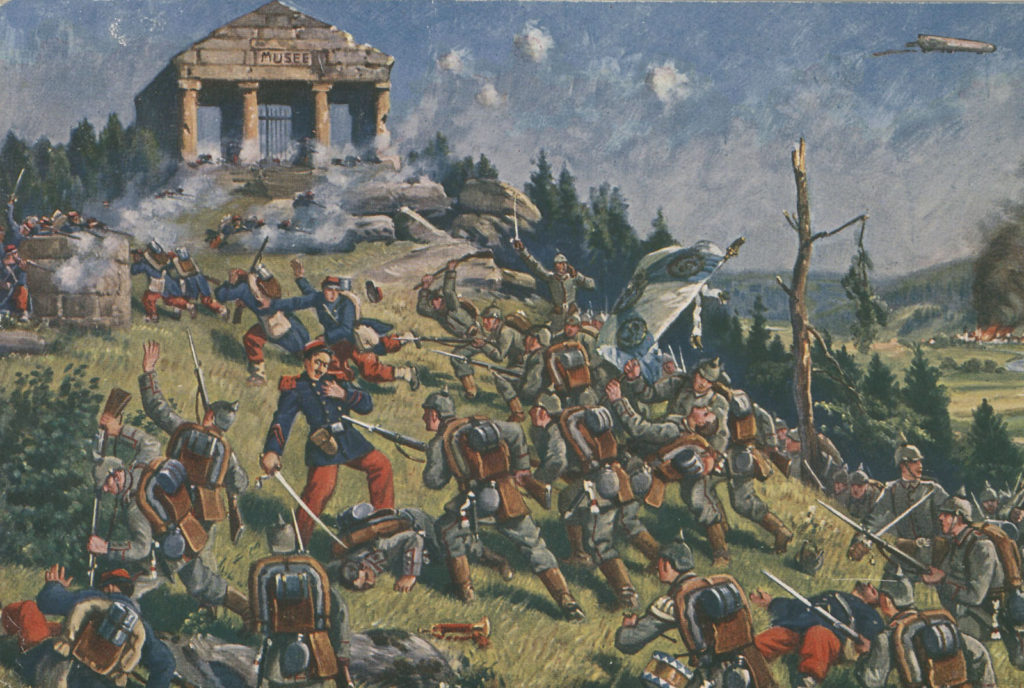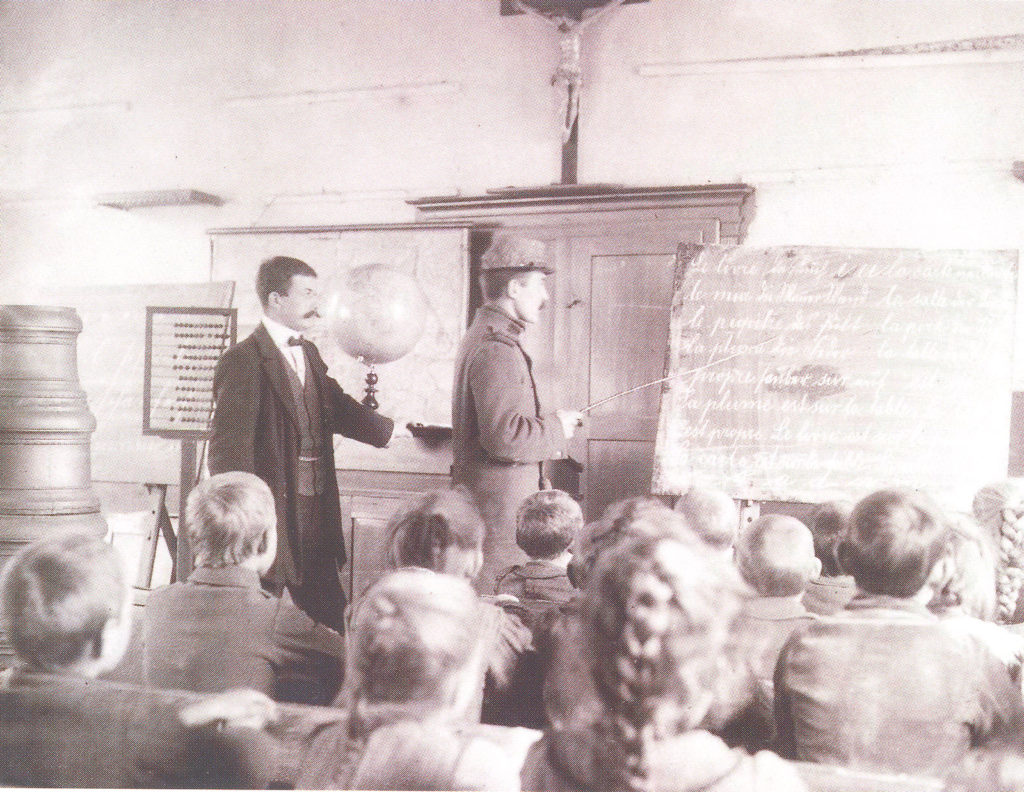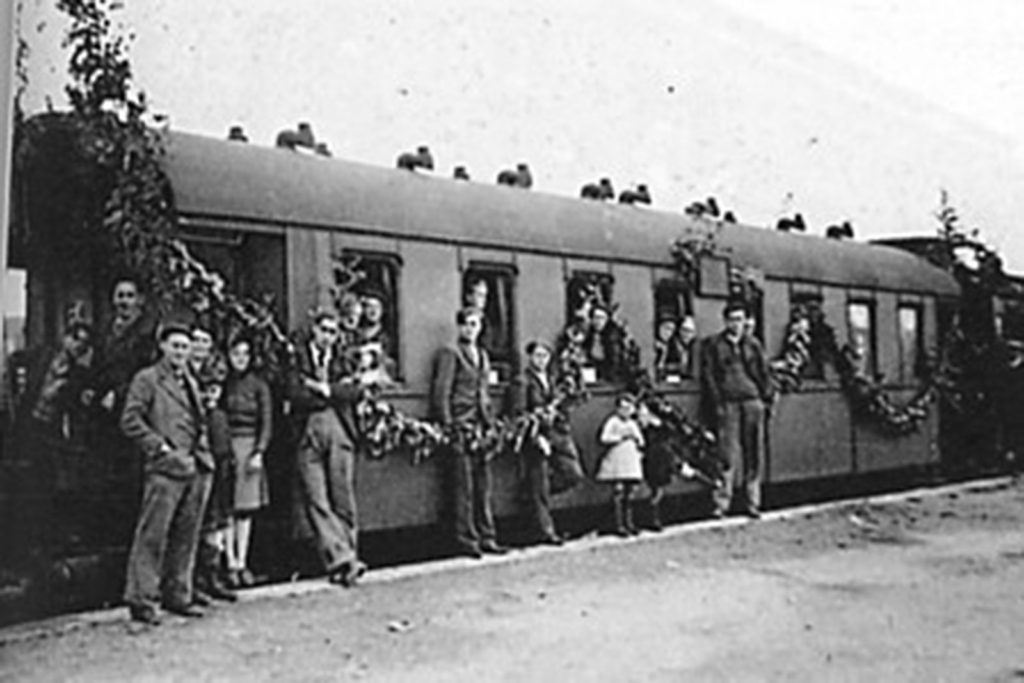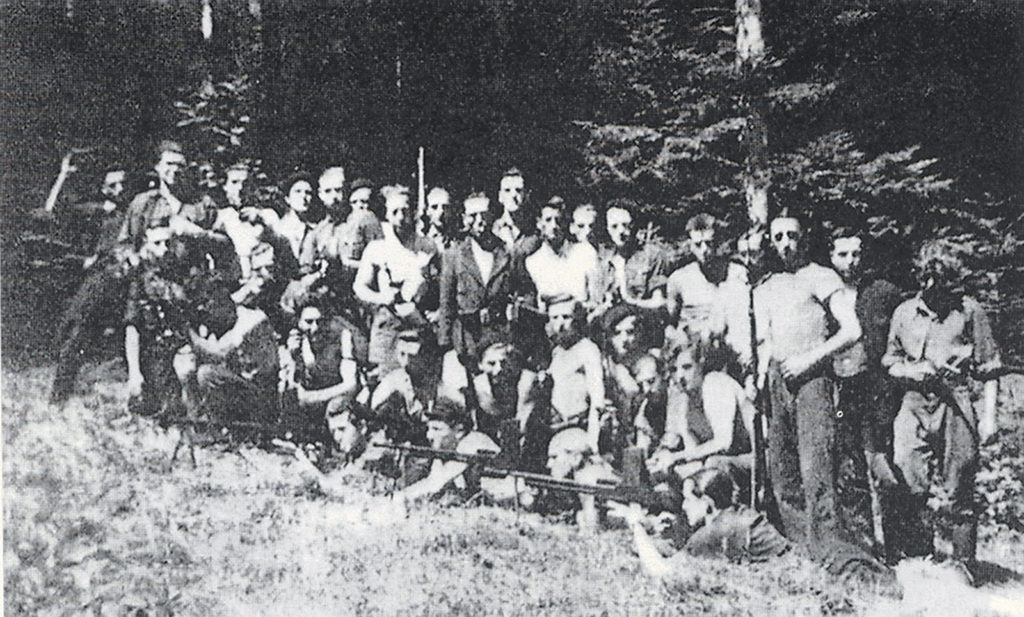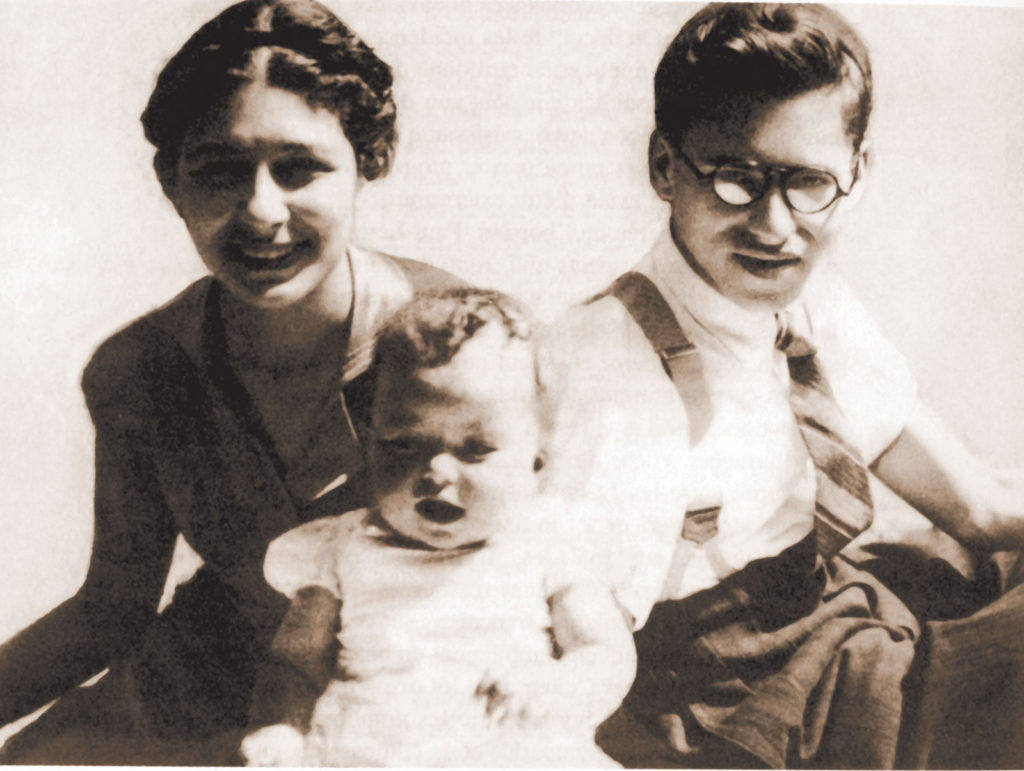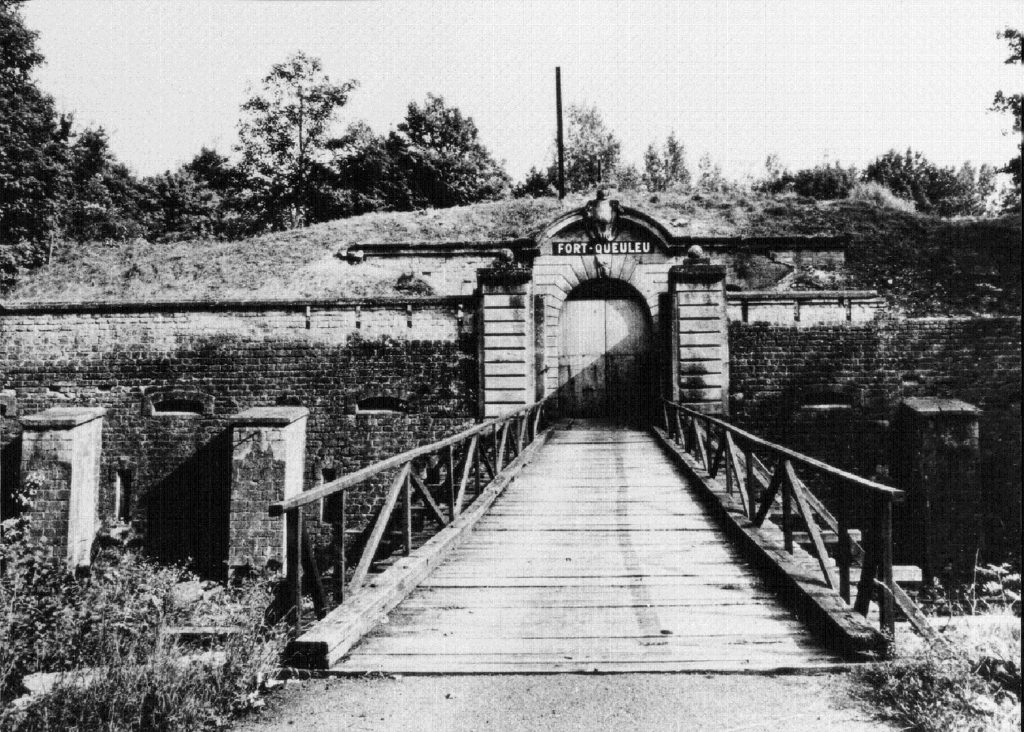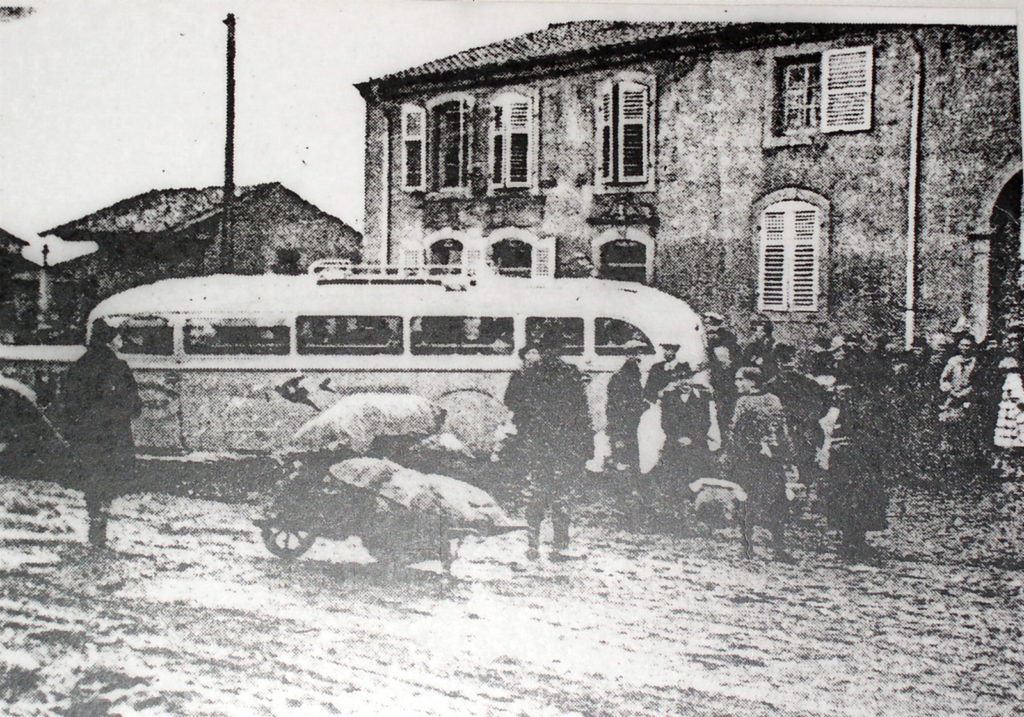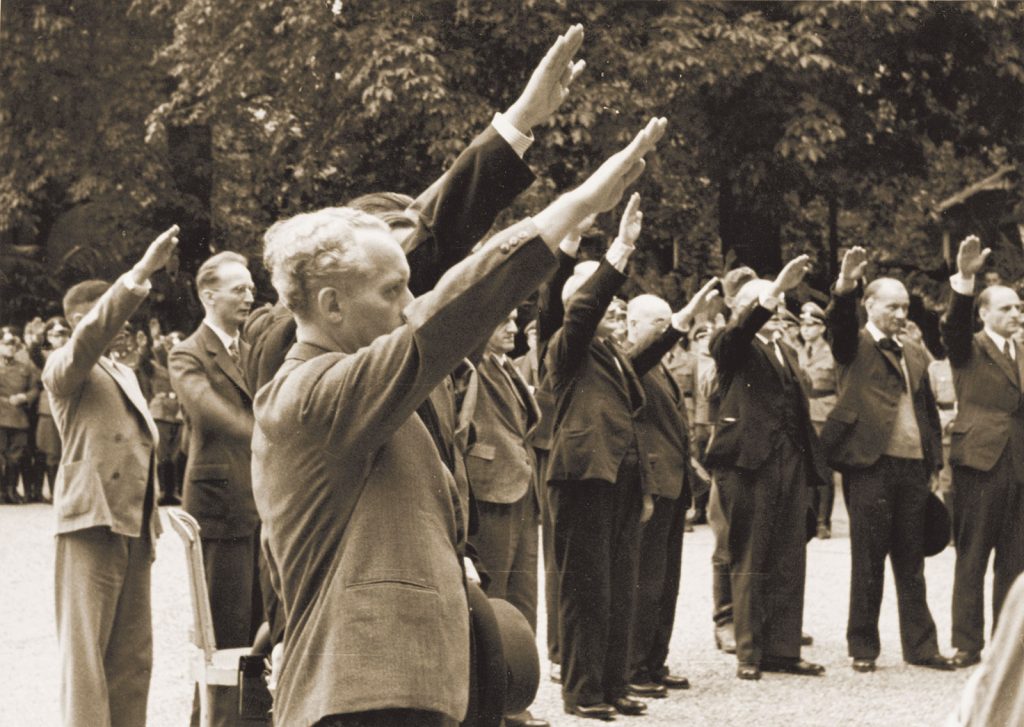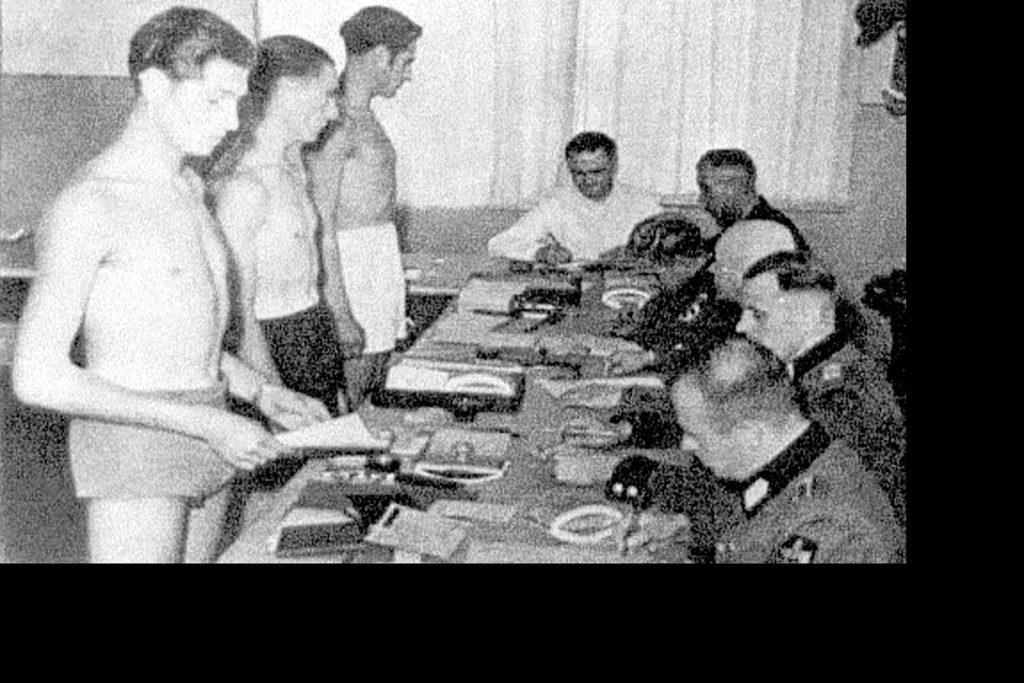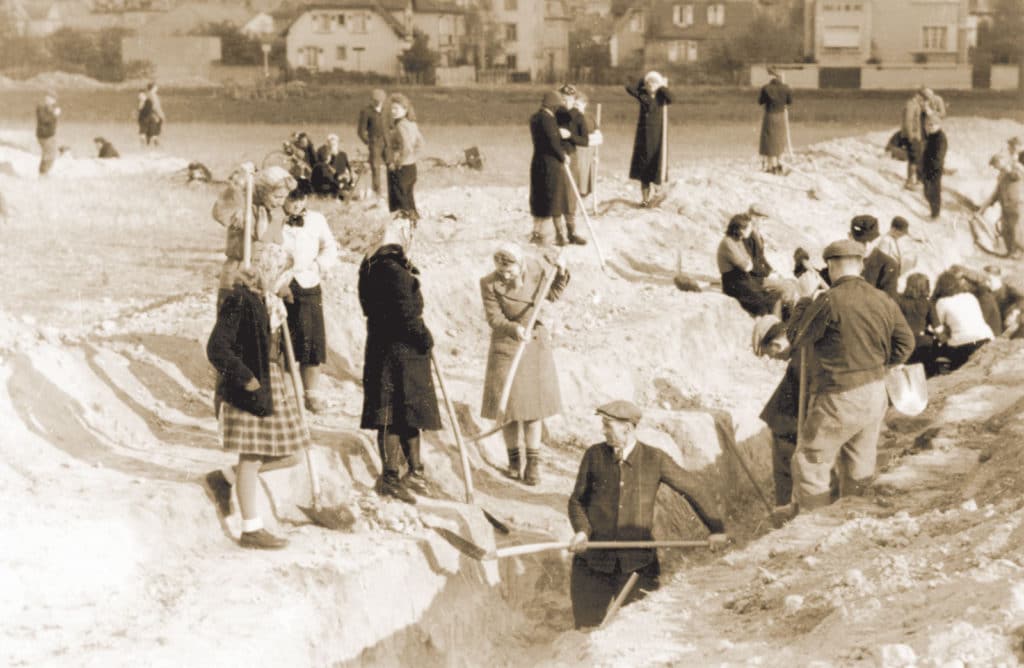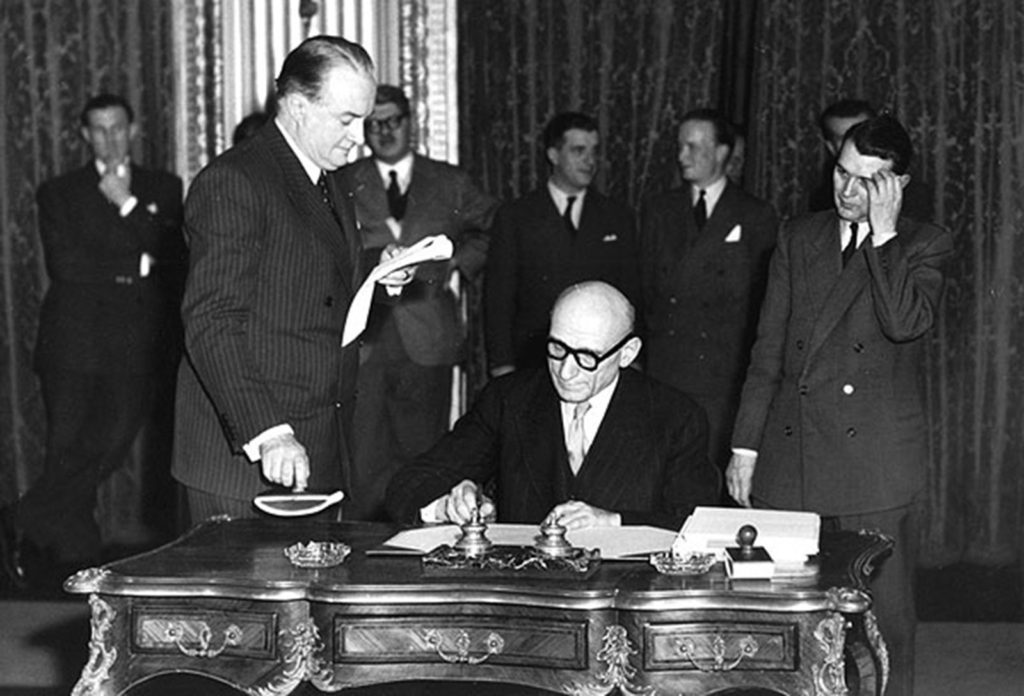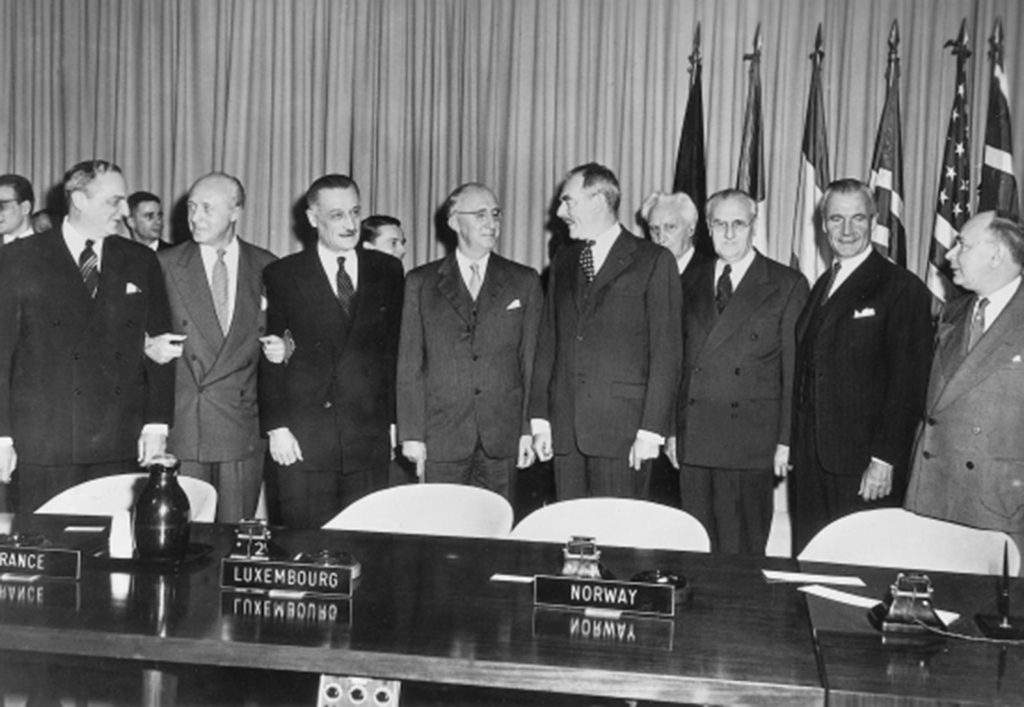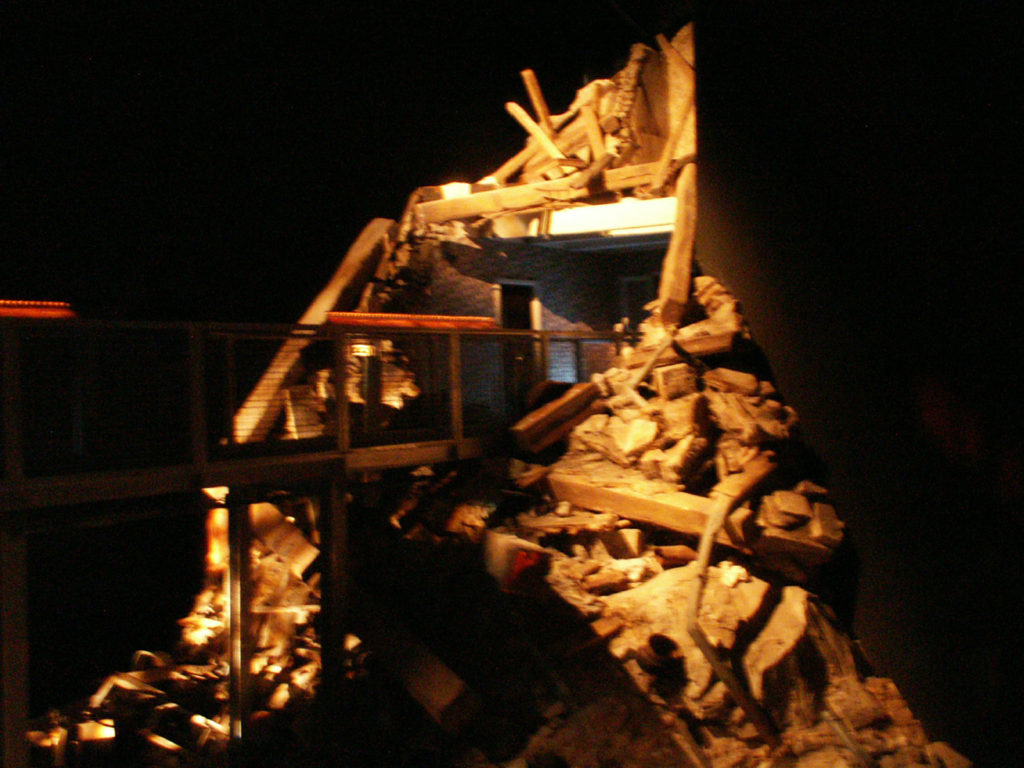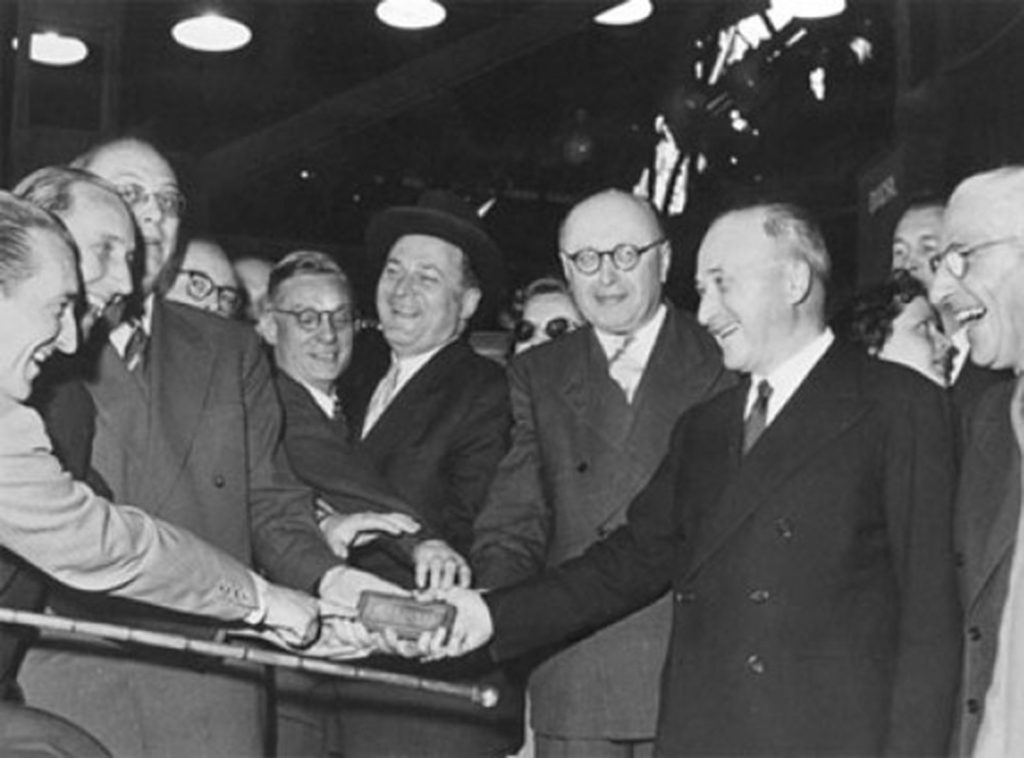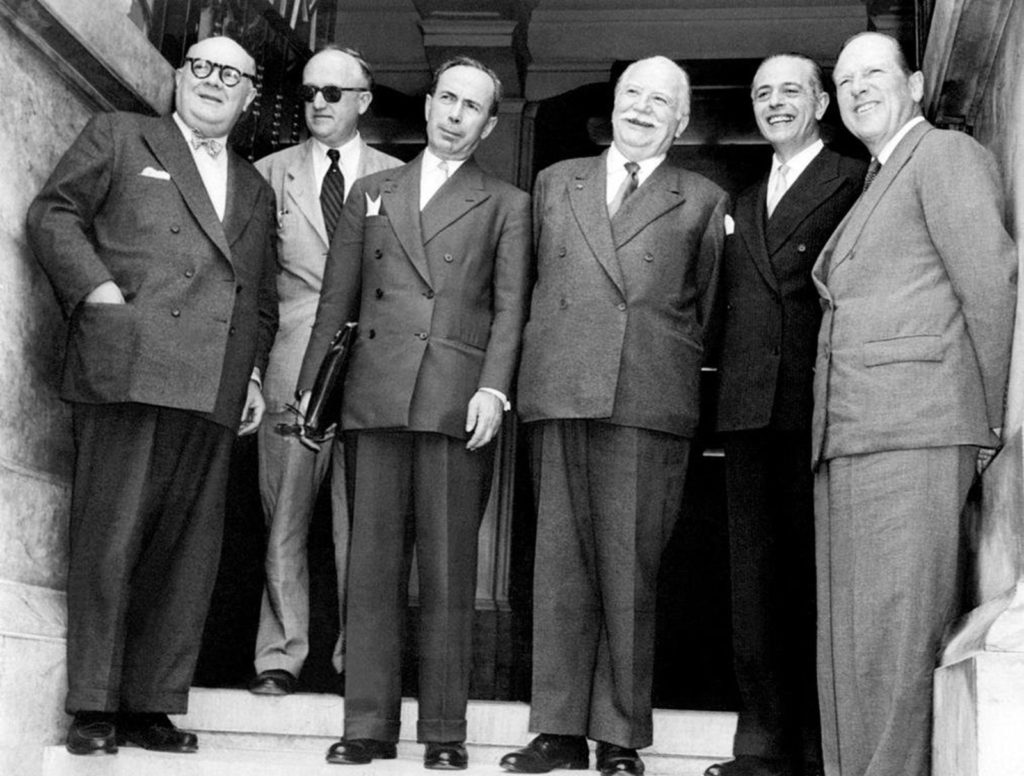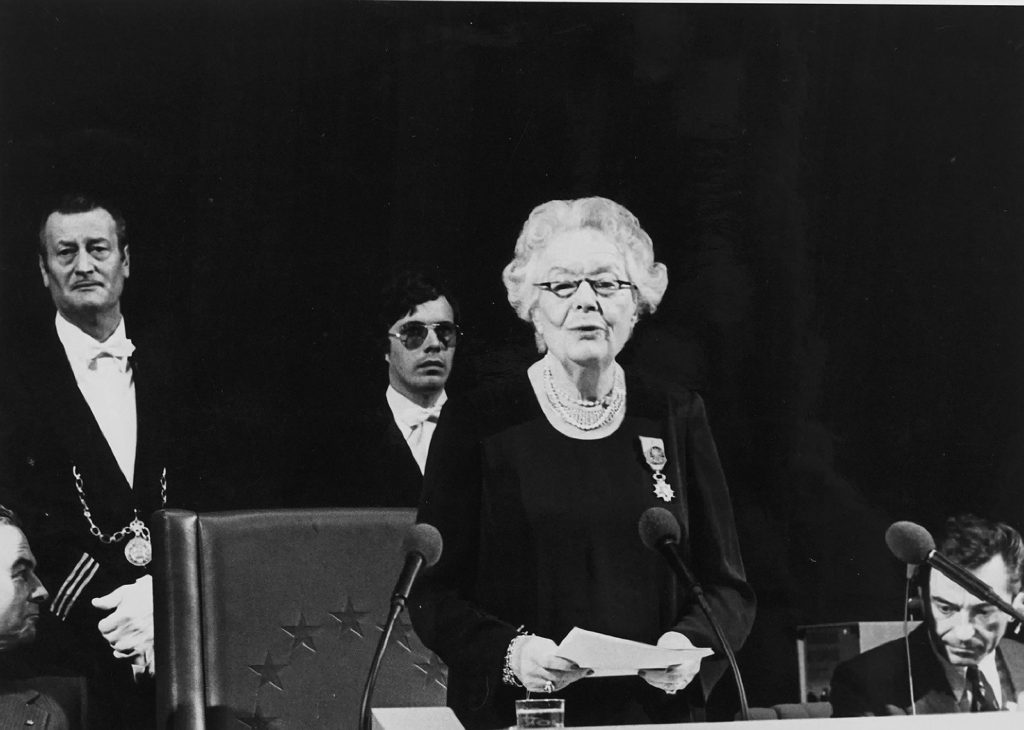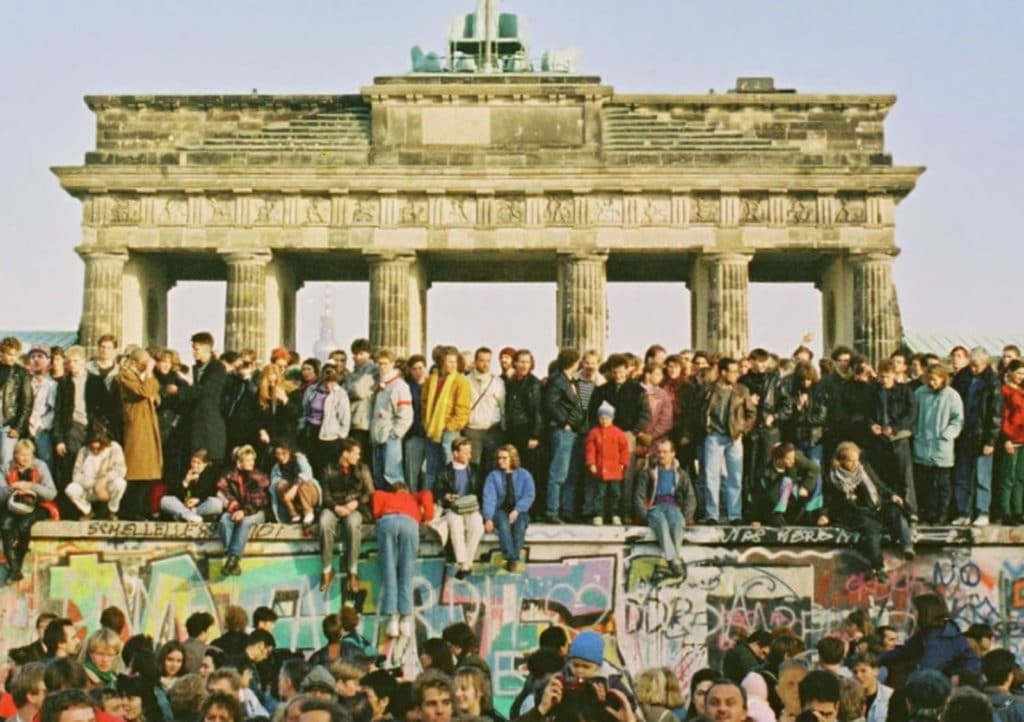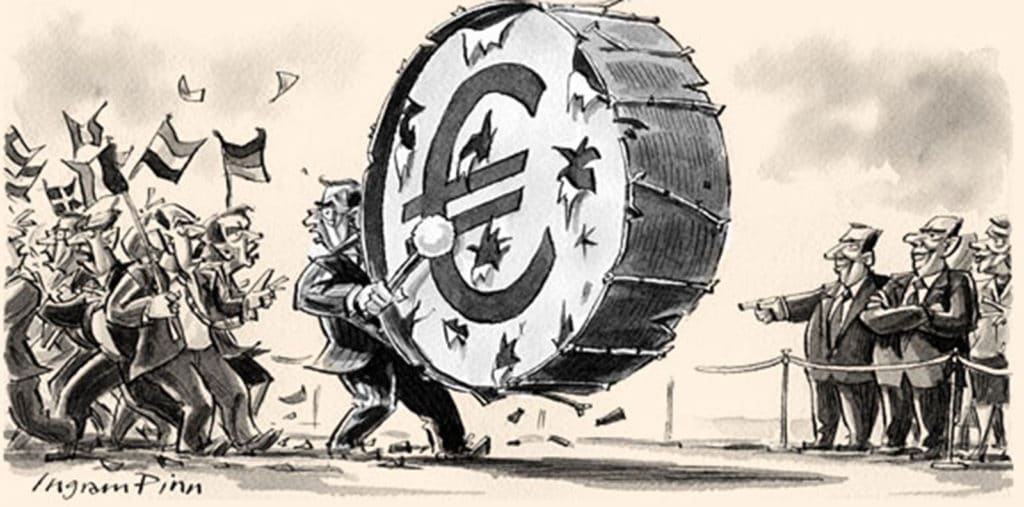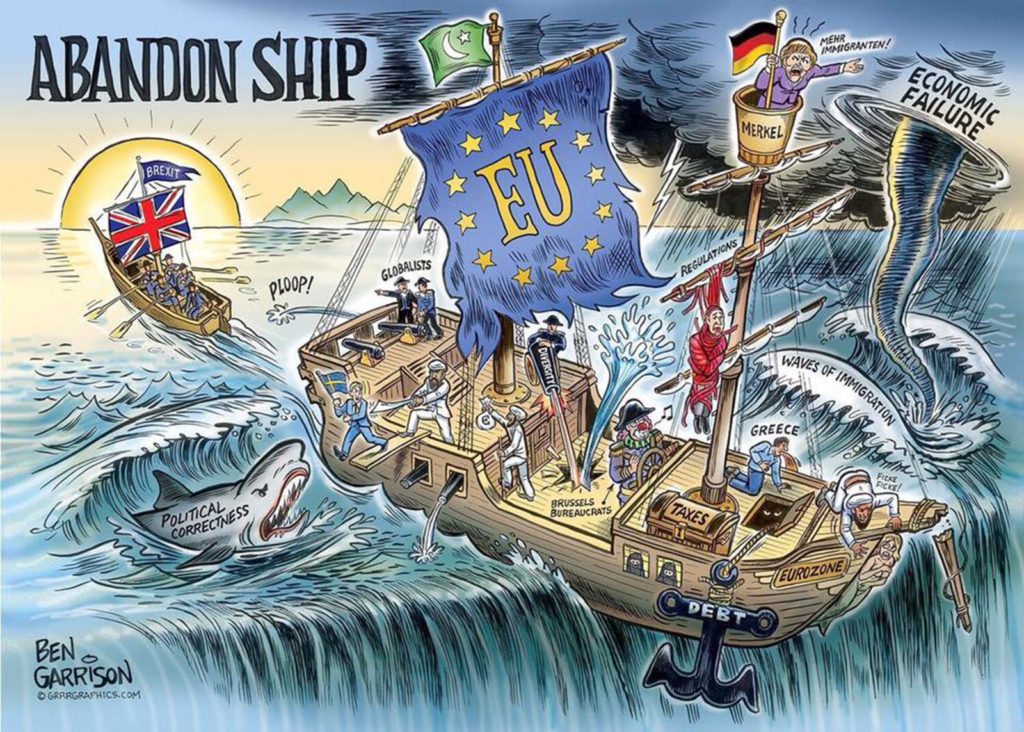A bit of history
A bit of history
- Home
- The Memorial
- A bit of history
THE FRANCO-PRUSSIAN WAR THE ANNEXATION OF ALSACE AND MOSELLE TO THE REICH 1870 19 July 1870, Napoleon III declared war on Prussia. The French armies were quickly defeated. In Alsace the french army lost a few battles in Wissembourg and Frœschwiller and later in Strasbourg. In Moselle at Gravelotte, Mars…
Read More
The great war From 1914 to 1918 On August 3, 1914, Germany declared war on France. Since July 31, the Reichsland was already under a state of war: basics freedoms were suppressed, public meetings forbidden, press censored. The next day, the mobilization order was posted in all the cities. The…
Read More
THE TIME BETWEEN THE TWO WARS From 1919 to 1938 The welcome given to the liberation troops and the legislative elections of 1919 were perceived as a plebiscite in favor of France. But the enthusiasm was soon followed by tensions. The linguistic difficulties, the sorting commissions and later the will…
Read More
EVACUATION, PHONY WAR AND COLLAPSE, MAY-JUNE 1940 From 1939 to 1940 On September 1, 1939, Germany invaded Poland. Immediately, France mobilized its troops.The total evacuation of the Alsace-Moselle border area over a distance of ten kilometres is ordered. More than 600,000 Alsatians and Mosellans are forced to leave, taking with…
Read More
THE RESISTANCE OF PEOPLE FROM ALSACE MOSELLE LIVING OUTSIDE OF THE REGION 1940 The Alsatian and Moselle Diaspora constituted an important base for the French and foreign resistance.Evacuees who did not return, expellees and escapees from Alsace and Moselle were to be found on all fronts (in the maquis of…
Read More
The deportation of people from Alsace and Moselle 1940 The politically opposed Alsatians-Moselle were deported. They were found in all the camps of the Great Reich.We can mention the case of the 42 Alsatian officers deported to Neuengamme for having refused to swear an oath to Hitler and of which…
Read More
Repression and the camps In Alsace-Moselle From 1940 to 1944 German law and the Code of Criminal Procedure were introduced in Alsace Moselle in 1940 and were accompanied by the establishment of the repressive system: a Nazi reform camp opened in Schirmeck on 2 August 1940 and a year later,…
Read More
Germanisation and nazification Of Alsace-Moselle 1940 The Armistice Agreement does not specify in any of its clauses the fate to be reserved for Alsace and the Moselle. However, the Germans soon occupied the three departments of the Haut-Rhin, the Bas-Rhin and the Moselle, and in July 1940, the Frankfurt border…
Read More
Resistance, repression rallying En 1942 Despite a very harsh repression, the population of these two territories showed its attachment to France. People kept speaking French in the streets, in shops, at work. They sang the Marseillaise or the Internationale. The tricolour flag was covertly hoisted, people did graffiti on the…
Read More
The establishment of Required military service In 1942 After the introduction of the Reichsarbeitsdienst (RAD, work service of the Reich, for young girls and boys) in April 1941, the population went through the dreaded establishment of a compulsory military service. The vast propaganda campaign, implemented by the Nazis to encourage…
Read More
Absolute war In Alsace Moselle 1943 The turning point of the war was reached when Paulus surrendered at Stalingrad on 2 February 1943. The great Reich was then launched into the “Total War” and Alsace and the Moselle with it. In everyday life, rationing is becoming more severe, requisitions and…
Read More
ALSACE MOSELLE CONTRIBUTION In 1945 Alsace and Moselle had not only been occupied but annexed by the Third Reich, therefore the war heavily affected them : 130,00 young men (called the "malgré-nous") were forced to fight in the German army. 30,000 of them died or went missing. These martyred lands forged…
Read More
Consolidate peace From 1945 to 1949 Between 1945 and 1947, it was urgent to brought former war ennemies back together and consolidate peace efforts. The creation of NATO in 1949 strengthened the military cooperation between Americans and Europeans confronted with the massive presence of Soviet troops in the communist countries.Initiatives…
Read More
END OF THE SECOND WORLD WAR EUROPE IS IN RUINS BEGINNING IN MARCH 1945... After Second World War, European industries were slowed down and its international power were reduced. There was a lack of confidence at an international level. The "Cold War" quickly followed the very violent conflict of 39-45.…
Read More
No to a European Army From 1950 to 1954 In 1950, the invasion of South Korea by communists'troops from the North brought about the fear of a confrontation between the two blocs on the European soil. In order to resist the soviet threat, the United States asked their allies to…
Read More
BABY STEPS FOR EUROPE From 1955 to 1960 After the failure of the EDC, the six Member States of the ECSC met at the Messina Conference and affirmed, in June 1955, their intention “to go a step further towards the conscrution of Europe [...] first at all [...] in the…
Read More
The great interior market From 1960 to 1988 Two oil crises, in 1973 and 1979, undermined the European economies and caused unemployment, recession and de-industrialization. They revealed the rigidity of the structure and required the reform of the EEC. The election of the European Parliament through universal suffrage in 1979…
Read More
The hopes of Eastern Europe From 1989 to 1997 The fall of the Berlin Wall stirred up hope among the former-soviet countries. There, the populations aspired to freedom, democracy and human rights. But the fall of Berlin Wall also revealed some concerns regarding the rebirth of a “Great Germany.” The…
Read More
Single Currency From 1998 to 2009 The common currency was adopted in May 1998. The governments committed to respecting the common rules intended to maintain monetary stability. Eleven countries fulfilled the requirements to join the Euro group.Euros entered into circulation through the ECB in Frankfurt on 1 January 2002. With…
Read More
2010 : the challenges Since 2010... Since 2008, crisis came one after another :The growing mistrust of public opinion,The increase in Greece’s debts, requiring the intervention of both the ECB and IMF;The “Arab Springs” and the War in Syria, which had led to a constant influx of refugees at the…
Read More
